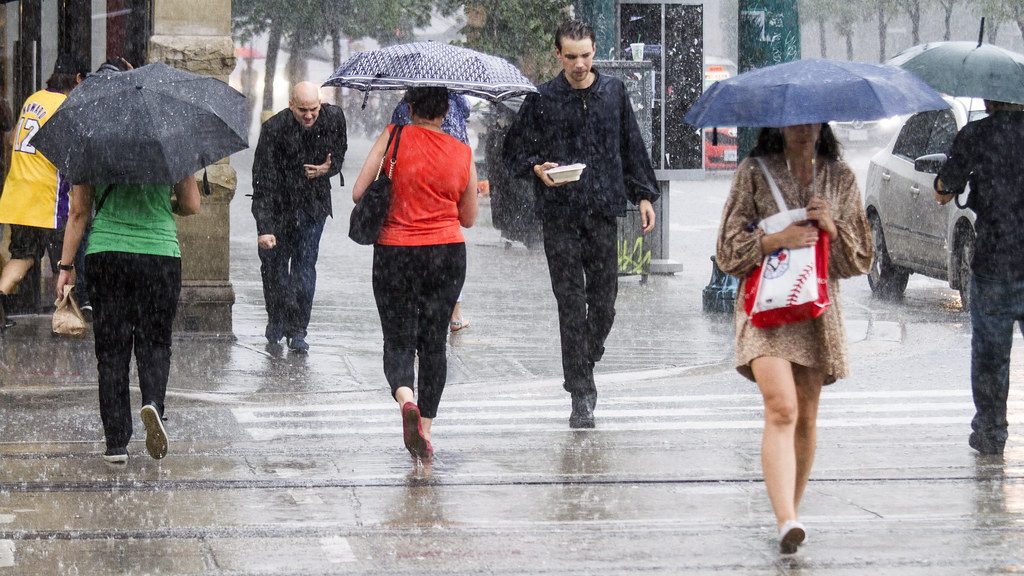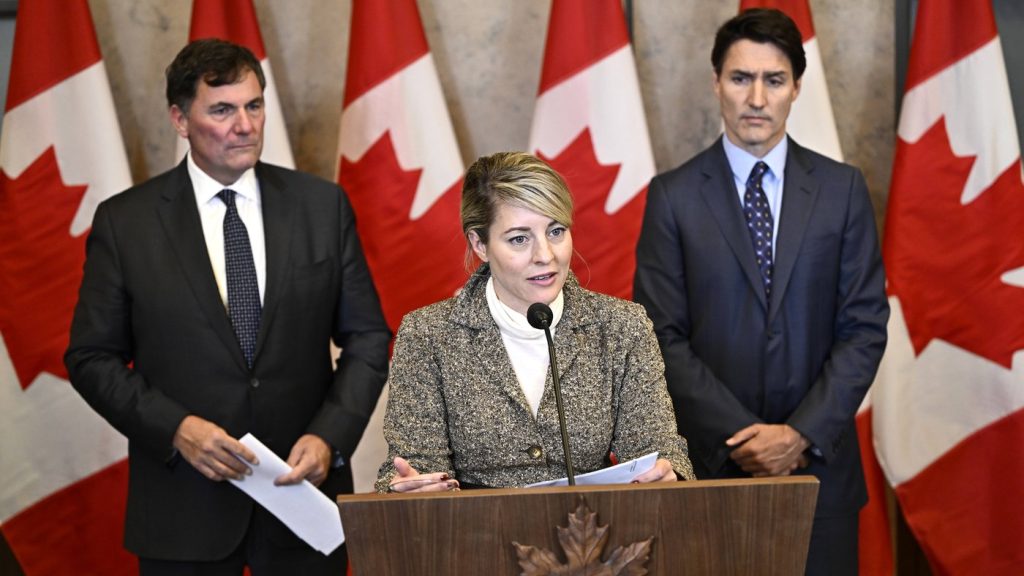Wilmot council votes unanimously to discontinue Prime Ministers Path
Posted Jul 6, 2021 01:06:00 PM.
It was a long evening of community delegation for Wilmot special council yesterday, as elected officials voted unanimously to adopt the recommendations of advisory firm First Peoples Group with regards to the Prime Ministers Path in Baden. Those recommendations include the “immediate removal and temporary storage” of the four remaining statues on the path, the discontinuation of future expansion and investment in the path “as it exists today”, and a commitment to further action in establishing a working group of balanced representation to look toward the future with a focus on “community cohesion and healing.”
Hours of delegates presenting to council raised their voices in opposition and support of the removal of the remaining statues, with some pointing to the Truth and Reconciliation Commission of Canada’s Calls to Action as reasoning to not have the Prime Minister’s Path removed – arguing that figures from Indigenous history should instead be added to the space in Baden. There were also some members of the community that expressed issue with a perceived lack of community engagement in the consultation process conducted by First Peoples Group – an argument rejected by Wilmot’s Ward 2 Councillor, Cheryl Gordijk.
“This was the highest number of recipients and respondents that we’ve had – even more so than when we were discussing the so called ‘pot issue’ coming to Wilmot.” said Gordijk. “It does go to show we are trying to move forward, and that we are an engaged community – and I’m just taking a little bit of offense to those saying there wasn’t enough engagement. I don’t believe that.”
While delegations also raised the prospect of putting the issue to a referendum vote, concerns were raised by council that a referendum may discount the voices of youth who’d like to be engaged in the process – a position also raised by Guy Freedman, President & Senior Partner with First Peoples Group.
Evoking the imagery of ancient monuments to Roman leaders, Ward 4 Councillor Jeff Gerber noted that those statues were typically placed in areas dominated by the Empire as a reminder to the people “who they were subject to”. While Gerber admitted that comparing statues of our Prime Ministers to oppressive Roman Emperors was an “extreme analogy to some”, he argued that the comparison may be a lived experience and generational experience for others.
“In being a servant leader, I need to recognize it’s not about how I view the statues – it’s about how others view the statues,” said Gerber. “Those other voices that have been ignored for too long need to be heard here in Wilmot.”
Speaking to his previous support for placing the Prime Ministers Path statue of Sir John A. Macdonald (SJAM) in storage, Gerber said that discussions on reconciliation typically see sentiment with little action – as he argued that the recommendations made by First Peoples Group allowed council the opportunity to not just “say the words” but also to “take the actions”.
“I think the time with SJAM in storage has allowed for some healing and reconciliation.” said Gerber. “I believe it’s allowed us to catch our breath a bit – and I’d like to think it maybe allowed First Peoples Group a bit better space to have meaningful conversations with people, and for people to express their views.”
With regards to the possibility of a referendum vote on whether to follow the recommendations, Gerber said that he believed a “majority rules” approach to the issue may not even matter.
“If we had some sort of referendum or poll, the numbers might indicate that the Prime Ministers Path project would or would not have majority support. Even if it showed that, does that mean the majority would be right in exercising the power that the referendum gave them?” asked Gerber. “If the real goal is indeed healing and reconciliation (…) the most significant thing that the so-called majority could do even if they ‘had the numbers’ would be to lay down their right to move ahead with something that has clearly been demonstrated to divide the community, and will continue to inflict trauma on some of our members.”
In addition to Gerber’s comments, Ward 4 Councillor Jennifer Pfenning spoke to her own experience with referendums, arguing that her observations typically see the practice devolve to “horrifically vitriolic attacks”.
As council voted to move forward with the recommendations, Wilmot Mayor Les Armstrong expressed his support for some of what was being proposed, as he said it was “disheartening” to see the divide that the Prime Ministers Path has created among the people of the township. Armstrong expressed hope that the community can eventually move to a point where “everybody is considered the same human beings” – which he said most people are striving toward.
“I mean, it doesn’t matter what we look like. We’re all human beings – and our differences have always been important – whether it’s within our own communities or the broader community, it’s always important that we have our differences.” said Armstrong.
“I certainly hope that over the next few months with creating the working group, in committing the community to transform, we can achieve that vision of one race – which is the human race … and I think that’s what the target is for the majority of citizens of the blue marble … which is the third rock from the sun.”
Latest from @WilmotTownship: The Prime Minister’s Path, including a highly contested statue of Sir John A MacDonald is being removed.
The four statues in question will be placed in temporary storage. All future investment into the PM Path project has been discontinued. @570NEWS pic.twitter.com/kjoohFz9lG
— Aastha Shetty (@aastha_shetty) July 6, 2021








